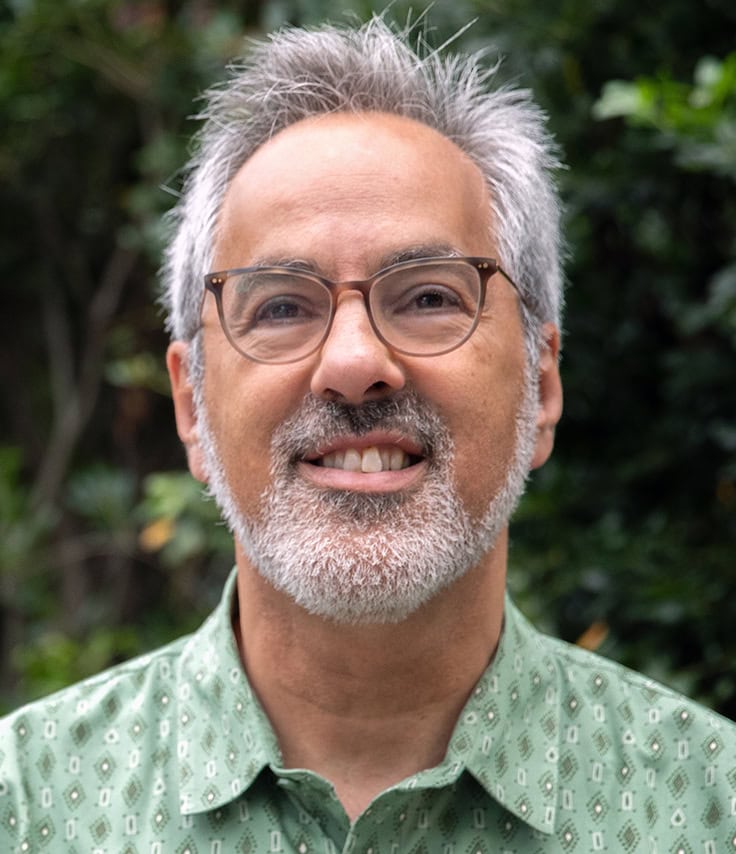Biosketch
Robin Pemantle grew up in Berkeley in the 1960’s and 70’s. He became interested in probability theory when Persi Diaconis, visited MIT. Pemantle was working on a dissertation in another subject, but found himself working mostly on problems he heard from Diaconis.
During a year off traveling in the South Pacific, he ended up working on probability theory in various youth hostels and on boats. Pemantle got his PhD in 1988, spent three years on post-doctoral fellowships in Berkeley and Ithaca and Oregon State, most of the 1990’s at UW-Madison, three years at Ohio State, has been at Penn since 2003.
Pemantle’s research focuses on two areas. Within Probability Theory, the research concerns discrete probability models, including random graph theory, processes with reinforcement, statisitcal models and random walks. The other research area, analytic combinatorics in several variables, is the subject of a textbook (2013, 2024) with Mark Wilson and Steve Melczer.
Pemantle has also been interested in Mathematics Education from an early age, growing up with an insider’s view of an alternative school, and teaching mathematics to grades 5-8 during his college years and before. He is an author of articles and books on math education.
Pemantle has held a Sloan Fellowship, a Presidential Faculty Fellowship, the Rollo Davidson Prize, and a Lilly Teaching Fellowship. He was a top five finisher in the Putnam Competition, has been a Simons Fellow, and is a Fellow of the American Mathematical Society and a Fellow of the Institute for Mathematical Statistics.
Research Interests
In probability: Pemantle works on a variety of discrete probability models, e.g., recently, error correcting in noisy channels, invasion percolation, fractal trees, fault detection, random fitness landscapes.
In combinatorics: Pemantle works on ACSV (analytic combinatorics in several variables), an enumeration technique which has been applied to diverse areas such as random walks, quantum walks, lattice tilings and many varieties of trees.
In math education, non-quantitative research on: active learning and Socratic discussion;
curriculum reform and meta-curriculum in K-12 and post-secondary math; assessment of learning (all levels) and evaluation of teaching (post-secondary).
Membership Type
Member
Election Year
2024
Primary Section
Section 32: Applied Mathematical Sciences
Secondary Section
Section 11: Mathematics
